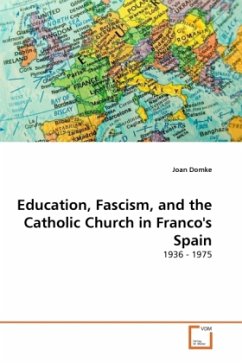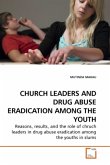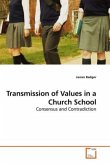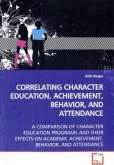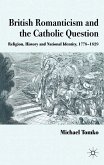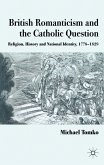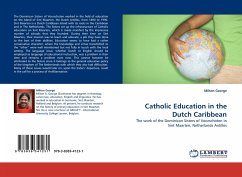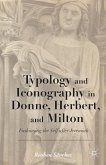Societies in transition are vulnerable to strong forces for political change. When Franco's fascist government defeated the socialist party that had taken control from 1931 to 1936, it aligned itself with Spain's Catholic Church. For most of Spain's history, the established Church culture had been inseparable from Spanish identity and Catholicism was taught in all schools, private and public. Therefore, under the guise of religion, the government used the educational system as a means of socialization, connecting nationalism and religion to promote their fascist agenda. The purpose of this historiographic study is to examine the relationships among the school, government, and Church in Spain during the Franco era (1936 1975) in the context of that nation's social, economic, political, and cultural forces. An examination of school textbooks written and used in the Franco era will be analyzed as to their reflection of state and Church policies. Interviews of Spaniards that attendedschool during and after the Franco era will also be included and examined under the lens of the conceptual frameworks of structural-functionalism, nationalism, and filter-effect theory.
Bitte wählen Sie Ihr Anliegen aus.
Rechnungen
Retourenschein anfordern
Bestellstatus
Storno

